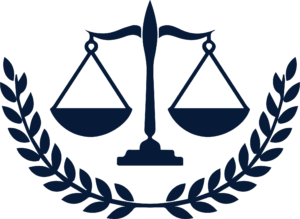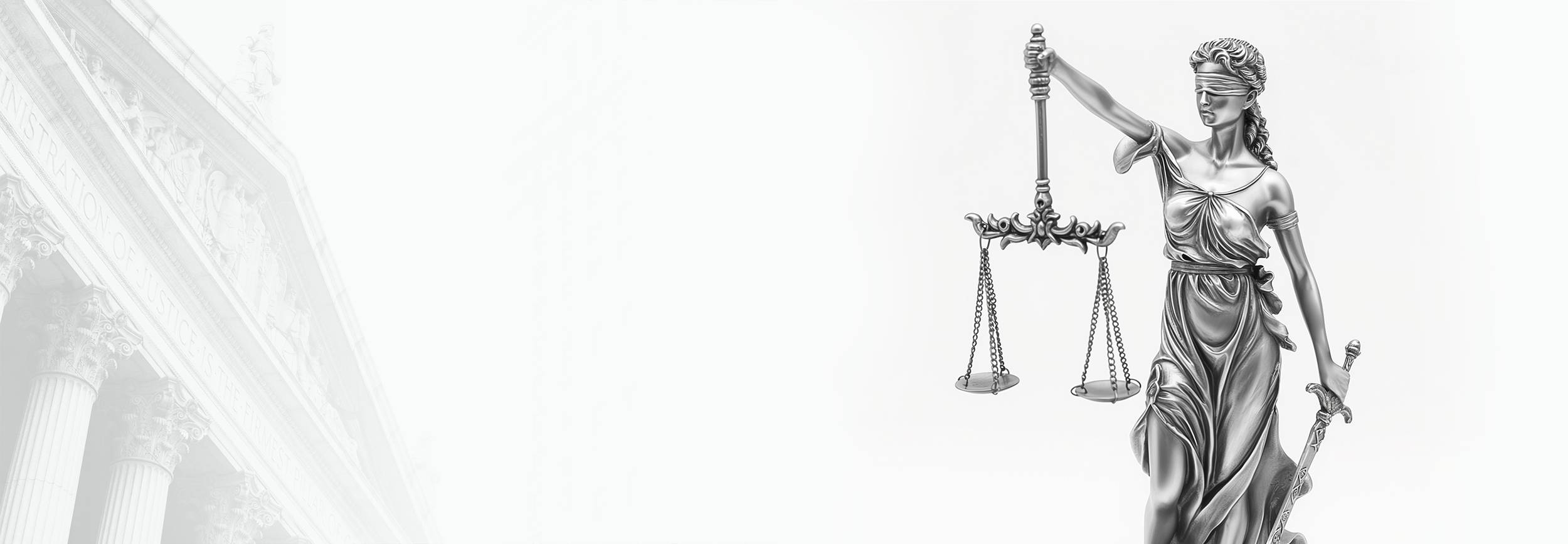BANKRUPTCY (Ch 7, 11 & 13)
We offer expert paralegal services specializing in Bankruptcy (Ch. 7 and 13), Immigration, Family Law, Civil Law, Criminal Law Business Law, Contract Law, Company Creation (LLC, Inc. etc.), Probate (Wills and Trusts), Landlord tenant, Real Estate, Small Claims, Expungements and demand Letters. We work in these relative fields, we also offer many solutions to help your firm and company with your workload:
When facing overwhelming personal or business debt and contemplating bankruptcy, it’s crucial to understand the various bankruptcy filing options at your disposal. Understanding which option aligns with your needs and goals for filing is essential.
Bankruptcy Ch. 7 is sometimes called “straight bankruptcy” while Ch. 13 is called “wage earner bankruptcy”. Both Chapter 7 and Chapter 13 bankruptcies offer individuals the opportunity for a clean financial slate once their debts are discharged. However, neither option permits the discharge of certain obligations such as tax liabilities, child support, or alimony.
Both bankruptcy Ch. 7 and 13 have their own eligibility criteria and potential consequences, and the decision to file for bankruptcy should be made carefully after considering all options and consulting with a qualified bankruptcy attorney. Additionally, bankruptcy laws can vary by jurisdiction, so it’s important to understand the specific laws and procedures in your area.
One key difference between Bankruptcy Ch. 7 and 13 is that Chapter 7 bankruptcy offers individuals the opportunity to fully erase their unsecured debts within a set timeframe, while Chapter 13 bankruptcy enables individuals to restructure their debts by repaying a portion of what they owe. This distinction represents just one of numerous variations between these two bankruptcy options.
Debts eligible for discharge through bankruptcy include:
- Medical bills
- Unpaid rent and utilities bills
- Unpaid credit card bills and outstanding balances
Debts that are not eligible for discharge bankruptcy include:
- Unpaid alimony and child support payments
- Certain unpaid taxes and criminal fines
- Certain federal student loans





